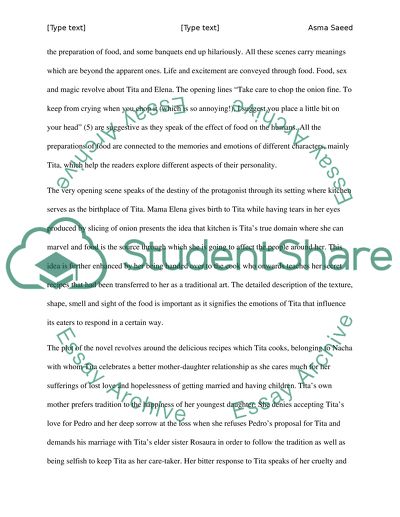Cite this document
(“Like Water for Chocolate Essay Example | Topics and Well Written Essays - 1500 words”, n.d.)
Retrieved from https://studentshare.org/literature/1398382-research-paper
Retrieved from https://studentshare.org/literature/1398382-research-paper
(Like Water for Chocolate Essay Example | Topics and Well Written Essays - 1500 Words)
https://studentshare.org/literature/1398382-research-paper.
https://studentshare.org/literature/1398382-research-paper.
“Like Water for Chocolate Essay Example | Topics and Well Written Essays - 1500 Words”, n.d. https://studentshare.org/literature/1398382-research-paper.


